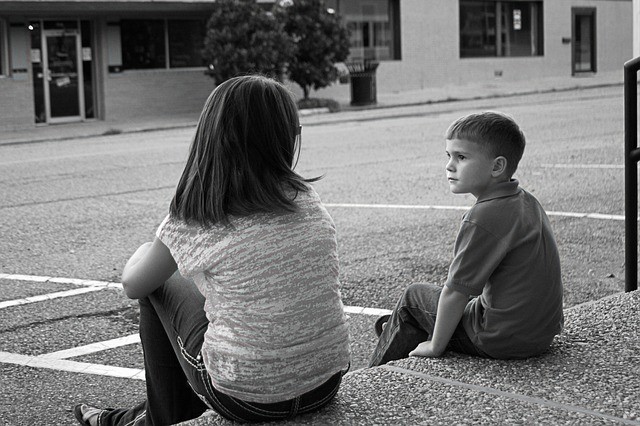Siblings of Children with Epilepsy Feel Protective

Epilepsy News From: Sunday, December 04, 2016
Siblings of children living with epilepsy are more likely to feel protective towards their siblings versus feeling resentment or embarrassment. Research that is part of the Seizures and Outcomes Study in Children Study (SOS-KIDS) was presented at the American Epilepsy Society 70th Annual Meeting. SOS-KIDS is an effort to track the outcomes and care of newly-diagnosed children with epilepsy in Washington, D.C. Approximately 300,000 children under the age of 14 live with epilepsy.
"We found very few disapproving feelings among siblings toward their brothers and sisters with epilepsy. The negative feelings they had were more internal, showing they were sad or worried for them," said Barbara Kroner PhD, MPH, a senior epidemiologist at RTI international, a nonprofit research institute in North Carolina.
The Study
- Parents of children in the SOS-KIDS study completed a survey about their child's epilepsy and the impact of the condition on the family.
- The survey included a section for caregivers to identify statements that applied to a sibling at least 4 years old and closest in age with the child with epilepsy.
- 61 parents completed this section of the survey.
The Results
- 56% said the sibling worries the child with epilepsy will have a seizure
- 46% said the sibling is concerned the child with epilepsy feels pain or suffers during a seizure
- 43% said the sibling is proud of the child with epilepsy
- 64% said the sibling feels protective of the child with epilepsy
Negative feelings towards the child with epilepsy were reported less frequently.
- 15% said the sibling complains the child with epilepsy got more attention
- 8% said the sibling doesn't tell other people the child has epilepsy
- 11% said the sibling is often angry
Recommendations for Families
Living with a sibling with epilepsy can raise anxiety in a child, but engender protectiveness and pride in unaffected siblings. To help children cope with their sibling's diagnosis, Dr. Kroner advises bringing them to their sibling's doctor's appointments. Parents should also consider telling their children about epilepsy to reduce their fear.
"It's important to help siblings understand what is happening during a seizure and how the child feels, which will help relieve some of that anxiety," said Dr. Kroner.
If your child needs additional support, call the Epilepsy Foundation 24/7 Helpline for access to resources at 1-800-332-1000.
Reviewed Date
Sunday, December 04, 2016
